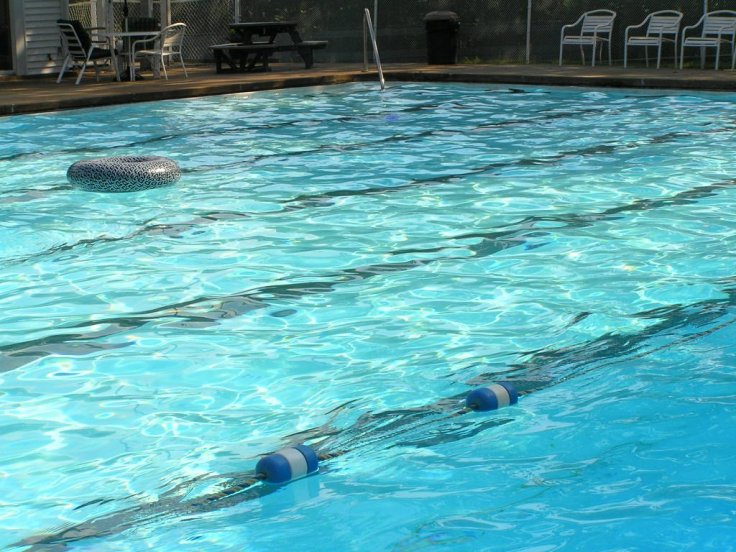Thus far, the popular belief has been that Coronavirus can survive on water for 48 hours and up to even a few weeks. But a study done in Russia has suggested otherwise. As per the research, the novel Coronavirus cannot survive in water for long.
As per the study done by Russia's State Research Center of Virology and Biotechnology or Vector Institute, about 90 percent of the SARS-CoV-2 virus dies within 24 hours and 99.99 percent in 72 hours in water kept at room temperature. In addition, boiling water leads to "complete disinfection and destruction of the virus".

Russian Study
If the Russian study, which was cited by the Russian Federal Service for Human Wellbeing on July 30, is to be believed, water can completely disseminate the virus in 72 hours. In addition, the virus totally loses its viability in chlorinated water. Similarly, in seawater, the virus lost its potency.
To test the virus' potency in seawater, the research team started monitoring coastal waters and samples from pools of sanatoriums, health resorts, water parks and drinking water supplies. Upon analyzing, they did not find the activated virus that causes COVID-19 in those samples.
While the study didn't say anything about wastewater, it linked the viability of the virus to water temperature and composition. "When a virus enters the aquatic environment, its viability directly depends on the composition and temperature of the water. With an increase in water temperature, the number of viable viral particles decreases significantly," the study said, adding that it will continue to research on the subject in the coming days.
Re-opening swimming pools
The Vector also conducted research on the effectiveness of ethyl and isopropyl alcohol and found that 30 percent of concentration could destroy the millions of virus particles in 30 seconds and chlorine-containing disinfectants also found to have similar effects. The popular understanding is that it requires a minimum of 60 percent concentration to kill the SARS-CoV-2 virus.
If the Russian study holds ground, the reopening of swimming pools could be possible. The swimming pool water contains chlorine. At present, in most of the countries, swimming pools have remained closed in fear of the virus infecting the swimmers.

Contradicting the Previous Study
The World Health Organization (WHO) previously cited a study on another Coronavirus in 2008. As per the research, SARSr-CoV, the virus which was responsible for severe acute respiratory syndrome or SARS outbreak in early 2000, could potentially survive in water for weeks. Since the SARS-CoV-2 is from the same virus family (Coronavirus), the world body indicated that the new Coronavirus will too follow a similar pattern.
The research team conducted a study on the SARS virus besides transmissible gastroenteritis (TGEV) and mouse hepatitis (MHV) viruses. They found that Coronavirus could "remain infectious for long periods in water and pasteurized settled sewage", suggesting that contaminated water could be a potential carrier for human exposure.
In recent times, researchers conducted studies on human feces and wastewater in Paris and found that the virus was active. Following that, studies were conducted in wastewater across the globe and scientists came to a similar conclusion.
However, it is to be noted that one must not drink boiling water or chlorine water as it could lead to serious health problems. In addition, checking CDC website or consulting local health experts would be best as ethyl alcohol even at 30 percent could be toxic.









